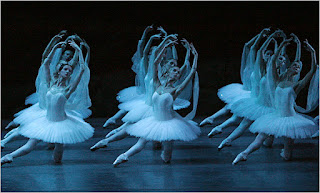In the early hours of the morning of February 8, 1931, 20-year-old Mildred Wilson Dean, married for the previous 7 months to Winton Dean a dental technician, gave birth, in the couple's tiny apartment in Marion, Indiana, to a healthy baby boy she named James Byron. For his services, the doctor who delivered the baby was paid the sum of $15. No one, except perhaps Mildred, could have possibly imagined the future that lay in store for this little boy. 55 years ago James Dean’s life ended in a car crash when his limited edition Porsche Spyder racing car (nicknamed “Little Bastard”) crashed into a Ford Sedan driven by 23-year-old Donald Turnupseed at the intersection of Routes 41 and 46, just outside the small town of Cholame, California. Dean was heading to a car race in Salinas that afternoon with his friend and mechanic, Rolf Wutherich, in the two-seater Porsche purchased the week before at Competition Motors in L.A. Following Dean and Wutherich, in Dea...



















 Non-Fiction (1996)
Non-Fiction (1996)  Non-Fiction (1986)
Non-Fiction (1986)





Comments
Post a Comment